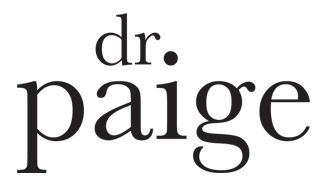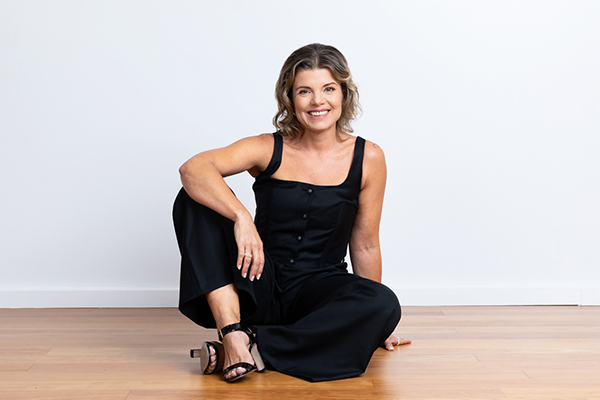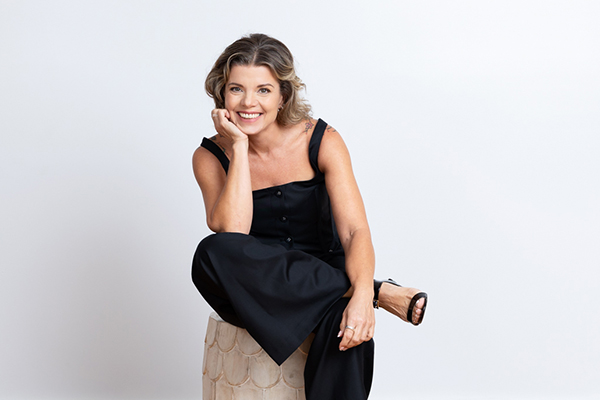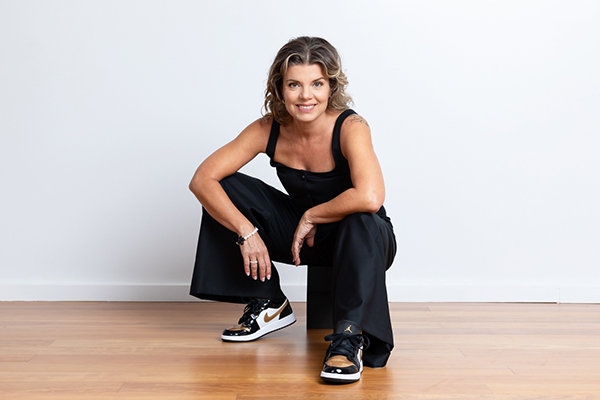Are You A Need-To-Know-It-All?
Have you ever been in a conversation with someone when you know that they don’t know the answer, but are bluffing their way through?
Yes. Me too.
And maybe just maybe… has the person ever been you…?
Hell yes! Me too.
It’s a thing isn’t it, to admit that you don’t know the answer. The fear of humiliation or being wrong is very real.
At an abstract level it’s easy to accept that we don’t know the answer to everything.
‘Of course we don’t Paige,” I hear you saying, ‘otherwise we wouldn’t be in the mess we are with the complex, ‘wicked’ problems that we’re facing right now.’
And even when we get more personal…
‘Do you have all the answers?’
Again you might be fairly comfortable to acknowledge that you don’t.
But when it comes to, ‘How willing are you to say I don’t know’ when a colleague or member of your team asks you a question that you don’t know the answer to?’
Mmmmmm, now that’s a bit different isn’t it?
Part of the problem is that we hold an expectation that leaders need to be the source of wisdom and expertise which makes it difficult to acknowledge to yourself and others that you don’t have all the answers. But it’s an important step to take.
The Lure of Expertise
There are powerful neurological and psychological lures in wanting and needing to have answers. Because our brains are prediction machines, they crave the certainty that comes with having an answer. It doesn’t even have to be a particularly accurate one – any answer is better than the uncertainty and potential threat that having no answer creates!
From a psychological perspective, we have something called the ‘need for cognitive closure’. I think of this as a need to ‘tie off the loose ends of life’, but a more formal definition is ‘the desire for an answer in order to end further information processing and judgment, even if that answer is not the correct or best answer.’
Once again you’ll see that it doesn’t have to be the right answer or the optimal one, as long as there are no loose ends!
The challenge for us as leaders is that when we add the expertise expectations that we or others place on us in our role as leaders it can be really hard to say ‘I don’t know’.
But we need to.
Research shows that when we are attached to a level of perceived expertise we create illusions of competence and an unrealistically inflated sense of our own knowledge. By accepting there is a limit to how much we can feasibly know, we can break out of fear and insecurity, and put down the expectations (ours and others) created by the pressure of having to know and instead embrace non-knowing.
Don’t know mind.
When we are in our “Don’t know mind” we see everything as though for the first time. It is a way of thinking characterized by openness and eagerness, in which a lack of preconceptions allows us to see everything as though it is for the first time. It’s this ‘first time’ perspective that leads to it also being called ‘the beginners mind’ in the Zen teachings from which it originates – the kind of mindset we have as children.
What could this look like in action?
Something as simple as choosing to enter each new encounter with people with an open mind rather than bringing ‘baggage’ from previous meetings means that we ‘don’t know’ how this encounter will unfold and creates a space for us to see something about the other person that we may have never noticed before.
The thing I love most about the ‘don’t know mind’ is that it frees us from limiting biases and beliefs. Knowing that we don’t know everything doesn’t mean we are ignorant; quite the opposite. It invites us to remove the masks and filters that we have been socialised to experience life through and liberates the true nature of our intelligence to see reality as it is.
As the Indian sage Nisargadatta Maharaj once commented, “The only true statement the mind can make is ‘I do not know.’ So whilst our expectations and culture may teach us that not-knowing is not okay, what if instead, we understood the beginner’s not-knowing as an opportunity for learning, for letting go and seeing things anew?
So the next time you’re asked a question you’re unsure about, maybe saying “I don’t know’ is exactly what good looks like.
Until next time…





